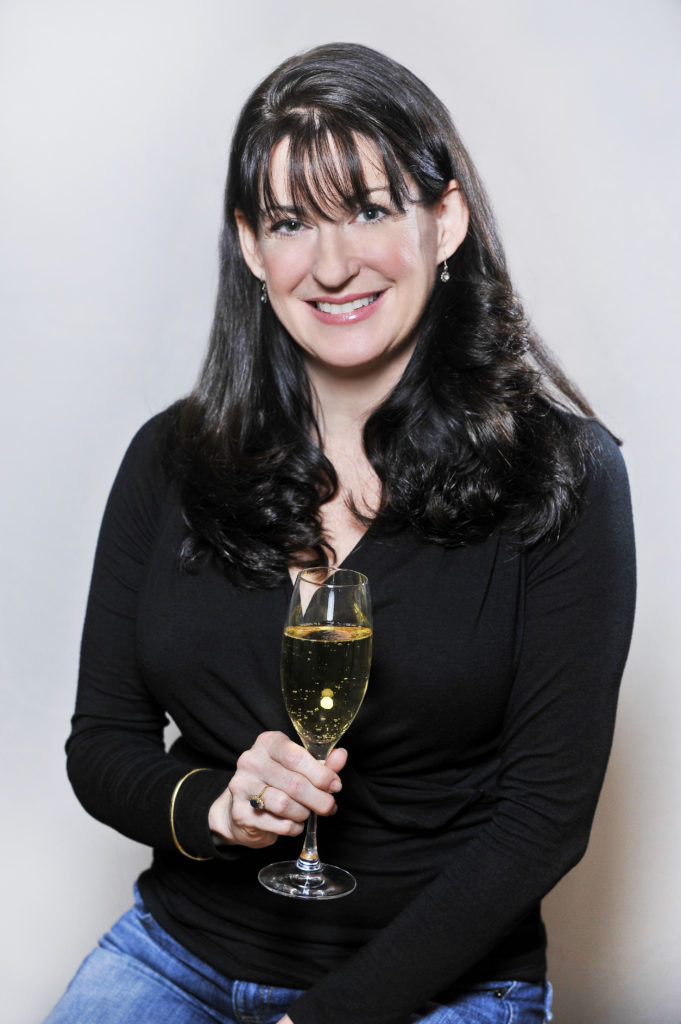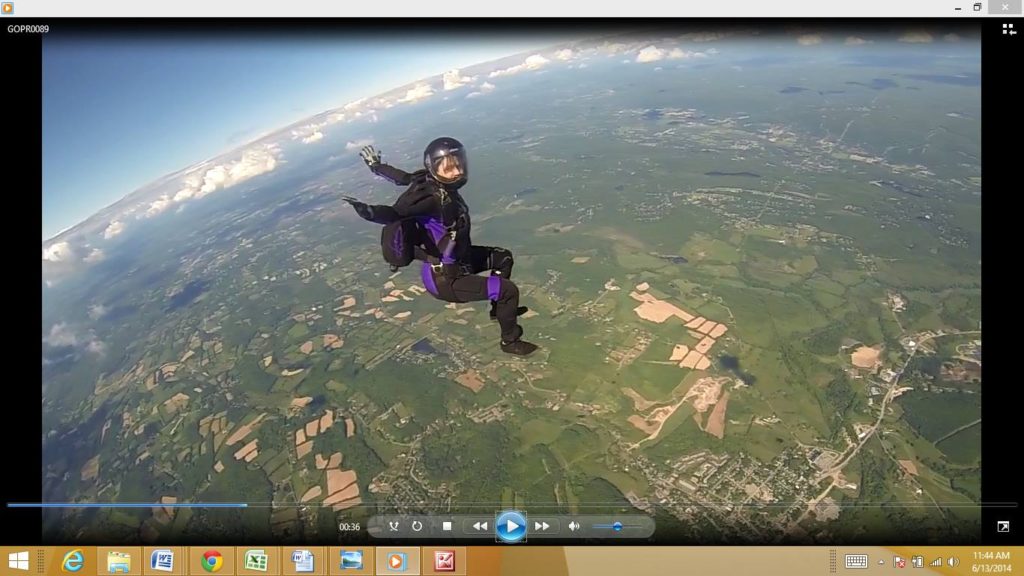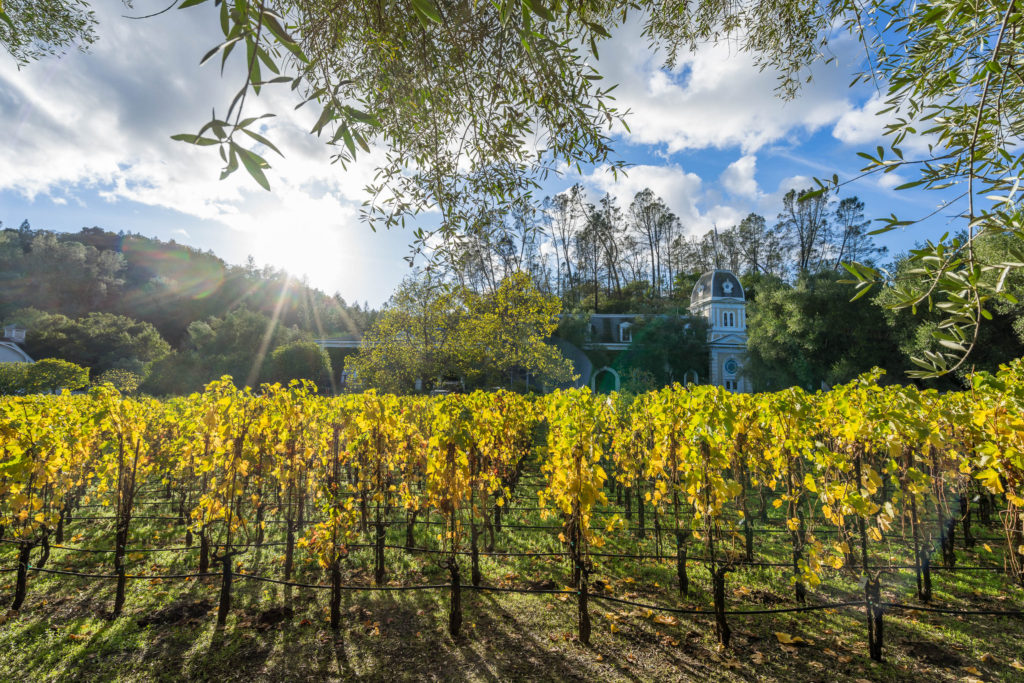The Mount Everest encompassing all things wine is Master of Wine or Master Sommelier, a distinction earned only by the most tenacious and fearless women and men with an insatiable quest for knowledge. Personally, I consider them the modern age explorers, think perseverance of an Iron Man winner such as Mark Allen and Natascha Badman, and stealth like Chanakya and Vishwanathan Anand. MW or MS is a novel blend of doctorates such as PhDs in Law, MBA, Language, & Journalism all entwined together with an unparalleled combination of fearlessness and faith.
354 MWs across 28 countries in the world, out of which 41 MWs reside in the US, 15 of which are women, and only 1 lady MW in Florida, to be precise Orlando. Needless, to say we are honored and humbled to introduce Master of Wine Jean Reilly to our fellow oenophiles and WSET Diploma students (including yours truly), aiming to follow the foot steps of these high achievers.

RP: Master of Wine, eh? What precisely does it mean and tell us about your arduous journey into becoming one of the 15 women MWs in the United States.
MW Jean Reilly: Becoming a Master of Wine took me 7 years, $100,000 and an incalculable amount of blood, sweat and tears. There are no courses to take when studying for the Master of Wine title, it’s more of a DIY venture. The exam is a 4-day long intellectual marathon. Half of the day is spent on essay questions, such as ‘Assess the role of oxygen in the maturation of fortified wine,’ or ‘Discuss the impact of climate change on the global wine business.’ There is also a blind tasting of 36 wines. Students are expected to divine the grape variety, the country, the region in that country the wine comes from and possibly the town or vineyard if they’re important. And more detailed questions as well, such as the weather during the year the grapes were growing, the temperature the wine was fermented at, the type of vessel it was matured in, etc. When I started, no American had passed in 4 years, so it was a daunting prospect. But also fun; while cramming for the exam was difficult, I had a great time running around vineyards on five different continents, interviewing winemakers and viticulturalists. By the time I passed the exam, I had visited over a thousand wineries and also worked in Burgundy and New Zealand during the harvest.
RP: Why wine? What drew you to wine and how did your career unfold?
MW Jean Reilly: I was always interested in wine. My parents drank French wine with dinner when I was growing up and I can remember sneaking sips out of their glasses when they weren’t looking. Then I lived in Paris for a year when I was 19; wine is just part of the lifestyle there so that’s when it really got into my blood. In my early twenties, I picked up a book on wine (partly to keep my then boyfriend from lording his superior knowledge over me) and I was hooked. I read as many books as I could find and tasted everything I could get my hands on. I was in banking at the time and continued in that path until 9/11 when I decided I wanted to do something different. I had been writing a column about wine while I was in finance so I expanded that to a full-time job, which gave me an opportunity to further my education by asking really geeky questions at the wineries I visited.
RP: Does being a woman pose a challenge in the wine industry?
MW Jean Reilly: The stereotype of a wine expert is a white man, with white hair, wearing a tuxedo. However, I have found people in the wine business to be very open and helpful. There is also research that suggests that women are more sensitive tasters than men; perhaps this is why a dramatically increasing percentage of the new Masters of Wine are women.
RP: Tastings: Be it blind or open, what criteria does one utilize to assess a wine? And does price matter?
MW Jean Reilly: There are many things we look at when assessing the quality of a wine. The concentration is one of the first things any wine drinker notices. The amount of time the taste of a wine stays in the mouth (the ‘finish’) is also very important; a wine that has a 10 second finish gives you 10 times the pleasure of a wine with a 1 second finish. And then there’s what we call ‘complexity’, which is just a function of the number of different aromas and tastes.
In wine, there certainly is a correlation between price and quality, particularly at the moderately-priced end of the spectrum. However, when you spend over $100, you are usually paying for scarcity and prestige. I think the $15-$25 bracket is one of the most exciting right now, with many wines delivering enormous value.
RP: Wine Pairings: is there a trick behind a successful dining experience?
MW Jean Reilly: My best advice for anyone who wants to understand food and wine pairing is to try at least two different wines with every dinner. You don’t have to be part of the Walton family to do this without extra expense; there are loads of wine preservation devices on the market now, including Coravin and VacuVin, that make this more practical. The single most important aspect of food and wine pairing – after having fun with it – is to be willing to experiment. I often do employee or client appreciation events around food and wine pairing and one of the biggest ‘ah-ha’ moments is always when someone tries a red wine with a dish normally paired with white wine. Don’t be afraid to try a Beaujolais with halibut and a Chardonnay with a steak. Be bold and listen to your palate.
RP: Are wines considered fashionable? What are the latest trends in the wine business?
MW Jean Reilly: Wines continue to grow in popularity in the US. Recently, it is the ever-curious Millennial generation that has been driving the growth. They are more open to trying new things, which has led a much broader range of wines appearing on the market. We have yet to see what the iGen thinks about wine – the first of them are just turning 21 – but I think this trend will continue for quite some time.
Rosé is one of the trendiest wines right now. The Millennials missed the White Zinfandel craze and so were quick to appreciate that there is a world of high quality rosés out there that are dry, food-friendly and just plain exciting. There is also a trend to making white wine in the way it was made several thousand years ago (and still is in some parts of Georgia and Armenia). These wines are fermented with their skins, in the same way as red wine. The result is a gold colored wine called an ‘orange wine.’ Often they have less sulfur added. Sometimes these hollaback wines are enticing; other times, well, let’s say that a little modern know-how is not always a bad thing.
RP: As an MW, you also assess spirits? Gin, vodka, whiskey etc…
MW Jean Reilly: I love both spirits and beer – almost half of the events I do for corporate groups at Masterful Wine Events revolve around spirits or beer. If there were a ‘Master of Spirits’ title, I would be studying for it. I just started offering spirits classes at Slate Wine Academy and I am really looking forward to engaging with the spirit-loving population.
RP: For people considering a career in the wine industry, especially through the WSET program, what piece of advice would you offer them?
MW Jean Reilly: The wine industry is full of career-changers – Americans just don’t turn 21 and say ‘what I want to do is work with wine!’ But before launching into a career in wine, you have to do 2 things. First, you need to understand the structure of the wine industry. Due to regulations dating to the repeal of prohibition, it is quite convoluted and it takes some study to figure out where you might find a good fit.
Then, you need to learn about wine. I teach classes that lead to professional certifications through the WSET, which are the most academically rigorous and the most recognized in the industry. One thing I would caution people is to start at the right level. If you have been in the industry, you’ll want to skip Level 1. If the school you contact tells you that everyone has to start at the lowest level, run the other way; that’s just not how education works. There are also numerous other certifications out there. Having one of these certifications really gives you a leg up when you’re looking for a job.
RP: Wine Education: Tell us how it can be helpful especially to the emerging market of millennials.
MW Jean Reilly: People who like wine always end up getting more pleasure out of it when they learn more about it. Starting with a good book is a great first step. But if you want to learn about tasting wine and understanding the terms people use to talk about wine, you really need to take a class – you can’t learn to taste from a book. There are loads of options out there from the $25 2-hour wine classes at Tim’s Wine Market – which are an incredible deal- to more challenging certification classes like the ones I offer at Slate Wine Academy. The millennial generation is much more knowledgeable about wine than earlier generations so those who don’t know much may feel left out. And of course wine knowledge is very important in business entertaining. As a junior employee, being wine savvy can bring you to the attention of senior management. Before I left the world of finance, I can remember being invited to several dinners with the president of my company just so I could pick the wine and talk about it with the customers he was entertaining.
RP: We heard through the grape vine you are also a certified sky driver? Tell us about it?
MW Jean Reilly: I did my first skydive in 2005 after working at a winery in New Zealand during the harvest. I learned an amazing amount but it was absolutely grueling. I was working 13-hour days and I didn’t have a day off until I’d been there three weeks. So I guess you could say I needed something extra to help me unwind. When I finally became a Master of Wine in 2010, I had some spare time for the first time in 7 years and decided to get certified. Now I have several professional licenses that allow me to teach skydiving and also put on skydiving shows at unorthodox places – like resorts or golf courses. Sometimes, I even get to arrive at a wine tasting by parachute. I think in addition to the adrenaline rush, what appeals to me is that it is a great stress-reliever. You’re never thinking about what’s going on in the office when you’re in freefall!

RP: We have to ask – what is your favorite wine?
MW Jean Reilly: I have thousands of favorite wines and I get asked that question frequently. Over the years, I have learned that my answer should depend on what I think the best bottle in the cellar of the person asking the question might be; they’ll usually take it out and share it with me if I can name it. So, Rashmi, I think my favorite wine is . . . the Rangen de Thann Riesling from Zind Humbrecht?
Here’s how you can enroll in MW Jean Reilly’s classes – Slate Wine Academy.
For Wine Tastings and additional seminars check out Tim’s Wine Market with 5 locations including Orlando -1223 North Orange Ave Orlando, FL 32804.  407-895-9463.
407-895-9463.
Florida residents employed in an industry related to the production, sale or service of alcoholic beverages, wishing to advance their knowledge of fine wine, craft beer and/or distilled spirits or obtain recognized certification of professional expertise can apply to The Merendino Foundation for scholarship assistance.

